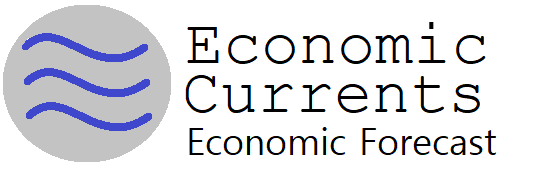The State of Joe Sixpack in 4Q2022: The Average Joe Is Worse Off
Written by Steven Hansen
 The Federal Reserve data release (Z.1 Flow of Funds) – which provides insight into the finances of the average household – shows improvement in average household net worth. Our modeled “Joe Sixpack” – who owns a house and has a job, but essentially no other asset – is worse off than he was last quarter.
The Federal Reserve data release (Z.1 Flow of Funds) – which provides insight into the finances of the average household – shows improvement in average household net worth. Our modeled “Joe Sixpack” – who owns a house and has a job, but essentially no other asset – is worse off than he was last quarter.






